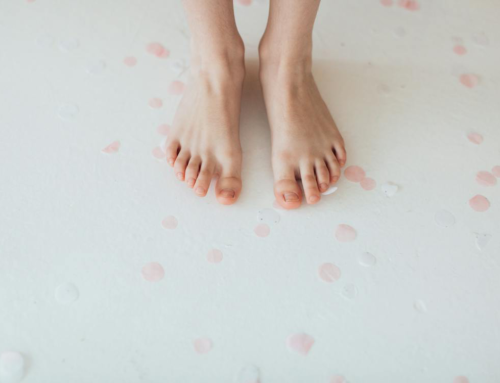Nail fungus and cellulitis can have some similarities. Nail fungus is a very common nail issue. It starts as a yellow or white spot on the nail that will eventually affect the whole nail. It can spread to other nails as well. The fungal infection may cause the nail to discolor, thicken, and break apart. This condition is caused by a fungus that can also infect other parts of the body.
Nail Fungus
When the fungal nail infection is ignored or left untreated, it will only get worse and the fungus may spread. The fungus may spread to the surrounding skin on the foot and result in the athlete’s foot. When it spreads to the genital area, it becomes a jock itch. If the fungus spreads to the skin, the skin may become itchy, red, and cracked.
A crack in the skin may let bacteria in. This puts you at risk of a bacterial skin infection known as cellulitis. You are at greater risk if you have diabetes because you may have reduced blood circulation and nerve supply to your extremities.
Comparing Cellulitis
Cellulitis usually affects the skin on the feet. The affected area becomes swollen, red, warm, and painful to the touch. If left untreated, the infection may spread to the bloodstream and lymph nodes and become life-threatening.
To prevent nail fungus from spreading and causing greater problems.
You should visit a podiatrist once you see the symptoms:
- White or yellow discoloration
- The thickness of the nail
- Deformed shape
- Brittleness or crumbling
- Foul odor
It is important to start treatment as soon as possible. The longer you wait, the more the fungus spreads and is more difficult to treat. Treatment would involve topical treatment, oral medication, or laser treatment. The best option would be laser treatment.
Laser Treatment for Nail Fungus
As you can see, tips for healthy feet without nail fungus can be easy to find. If you have caught nail fungus, it can be easily treated using the FDA-approved PinPointe laser, which typically only takes on treatment. Other treatments like topical solutions and oral medication are not as effective. Topical solutions have a very low cure rate. This is because the solution does not penetrate all the way through the nail bed. This is because it can lead to liver toxicity. You would need to have consistent blood tests throughout the course of taking the medication.
Our nail doctor in Newport Beach, CA recommends this treatment for toenail fungus. The PinPointe Laser treatment has the highest cure rate in the market. It has no side effects and no recovery period. As a result, you can go about your daily activities right after the treatment. Also, there’s no pain.
If you have any signs of nail fungus, call us at (800) 672-0625 our Newport Beach, CA location, or visit our website for more information on our doctors at one of our over 150 locations.



